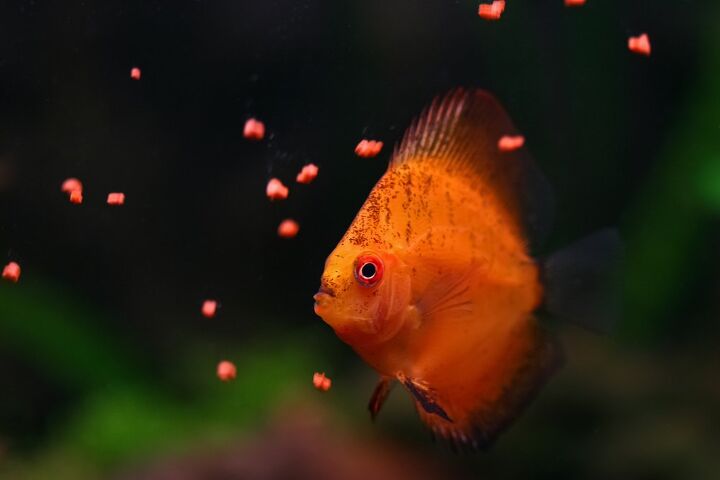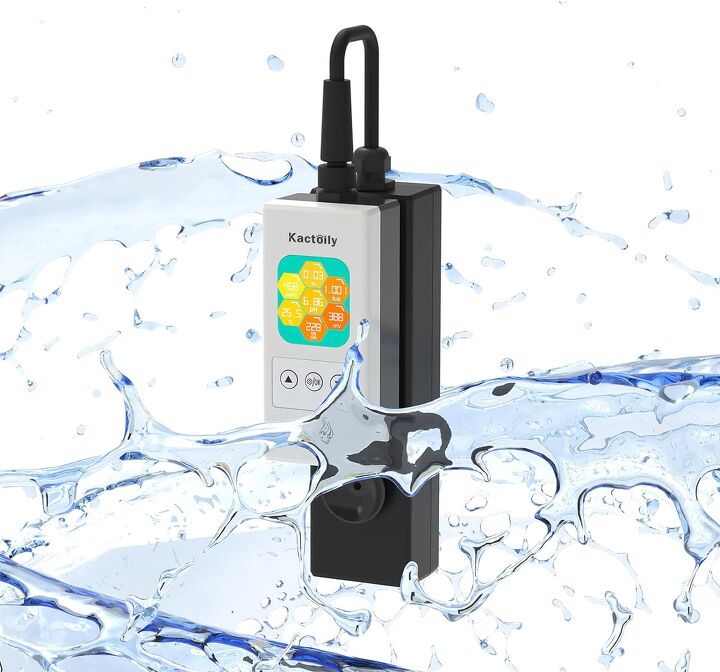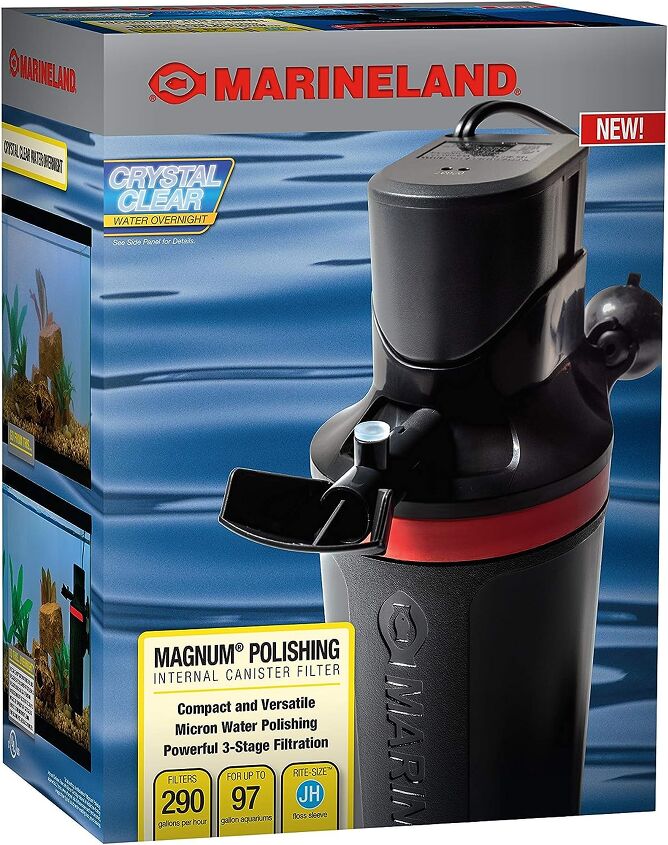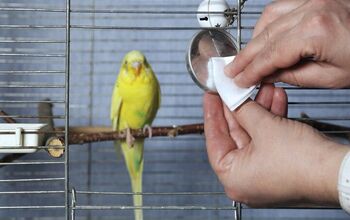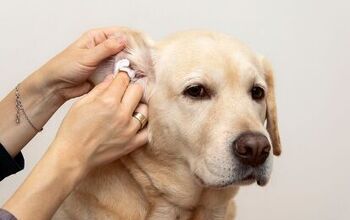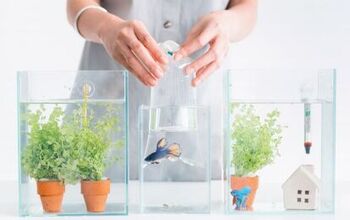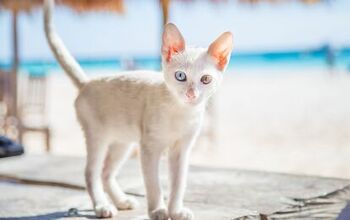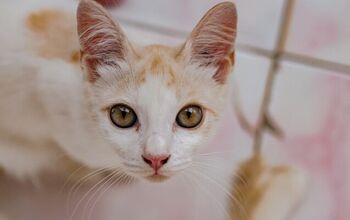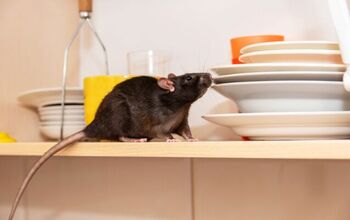How Often Should I Feed My Fish?

Keeping aquarium fish is such a rewarding experience, but that doesn’t mean it’s always easy to do so – there are many things to know about these wonderful creatures, and caring for them can require a lot of patience and plenty of learning. Of course, it all starts with the basic stuff, and it doesn’t get more basic than feeding your pet! A common question by pet fish owners is related to feeding frequency, as their aquatic friends can’t really let them know when they are hungry. So, without further ado, here’s how often should you feed your fish depending on their unique characteristics.
How Often Should I Feed My Fish?
There are a lot of factors that will determine the feeding schedule you have for the inhabitants of your saltwater or freshwater aquarium. The frequency of feeding your fish depends on the type of fish, their age, and the specific conditions of your tank. Adult tropical fish are most commonly fed once or twice a day. You can feed them a small amount of food that they can consume within a few minutes. Cold-water adult fish, on the other hand, such as goldfish, can be fed two or three times a day. In any case, be cautious not to overfeed as it can lead to water quality issues.
Young fish, however, may require more frequent feeding, at least three times a day, because they are still growing rapidly. Of course, some specific types of fish have equally specific dietary requirements. Research the particular needs of the species you are keeping to ensure you are providing the right type and amount of food. Your local pet fish store can also provide guidelines, as can your vet.
When you are feeding your fish, it is important to stick around and observe them, at least initially. Paying attention to your fish during feeding can provide you with plenty of information. If they consume all the food quickly, you can consider increasing the amount slightly. If there is uneaten food after a few minutes, you may be overfeeding. Try to find that perfect balance.
Another thing to consider is the so-called “fasting day”. This means not giving your fish any food for a period of 24 hours – and don’t worry, this won’t harm them. It's a good idea to incorporate a fasting day into the weekly routine. This helps mimic their natural feeding patterns and allows their digestive systems to rest. Most aquarists fast their fish for one day of the week, which is more than enough for your fish to reap the benefits.
How Much Food Should I Give My Fish?
A good rule of thumb is to always give less food than you think your fish need – and add more additionally throughout multiple feedings during the day if needed. Remember that overfeeding can lead to poor water quality as uneaten food breaks down and produces waste. It's crucial to maintain a balance and not exceed the recommended amount. In such cases, it is good to have a special aquarium water quality monitor, which can tell you the key information about the water in the tank. Additionally, some fish species are more active during certain times of the day, so adjusting feeding times to coincide with their natural behavior can be beneficial.
Always consult specific care guides for the particular species you are keeping, as different fish have different nutritional needs. Additionally, water quality management is crucial for the overall health of your fish, so regular water changes and proper filtration are important aspects of aquarium care. It goes without saying that you should equip your aquarium with a high-quality water filtration system, which can make a crucial difference for your pet fish.
Ultimately, if you have any doubts about caring for your fish, it is always smart to visit a vet that has experience with fish. They will provide tailored advice to suit your pet's exact needs, and can make sure you're providing best possible care to your aquarium's inhabitants.

A proud mama to seven dogs and ten cats, Angela spends her days writing for her fellow pet parents and pampering her furballs, all of whom are rescues. When she's not gushing over her adorable cats or playing with her dogs, she can be found curled up with a good fantasy book.
More by Angela Vuckovic



